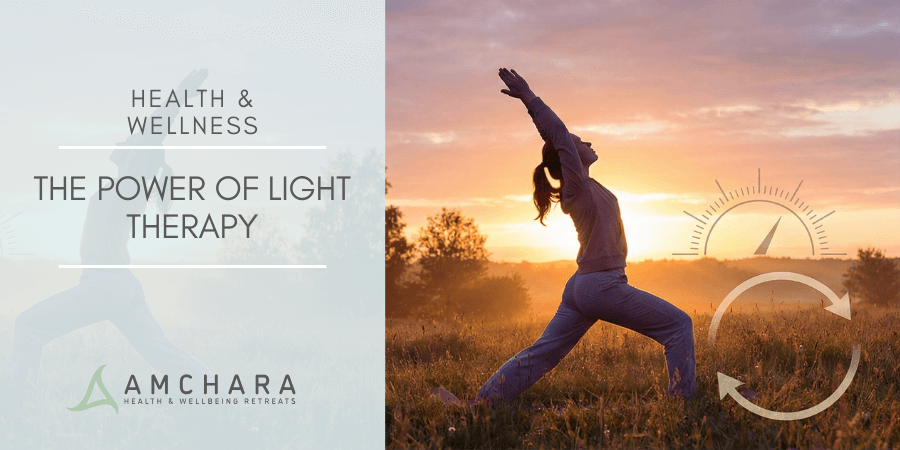Topics Covered in this article:
Although sleeping in the daytime is sometimes considered an indulgence, scientists are discovering the widespread health benefits of taking a nap. Have you ever considered napping as part of your self-care routine?
We’re dedicated to providing you with both insightful information and evidence-based content, all orientated towards the Personalised Health approach.
In this article we’ll introduce you to the benefits of napping, particularly in relation to maintaining a healthy heart.
Health benefits of napping
Experts recommended you should sleep for seven to eight hours per night. However, according to surveys, the average time people spend asleep in the UK is just under six and a half hours, with 23% of the population regularly having only five to six hours sleep per night. Almost one third of people surveyed said they felt they never slept for long enough.
Having a short period of sleep – a power nap – can provide beneficial time out from daytime stress, as well as making up for sleep debt from previous nights. But only around 4% of the UK population have a nap every day, with over 40% never taking a nap.
Sleep and heart health
Not having enough sleep is linked to poor health. Too little or irregular sleep increases the risk of obesity, high blood pressure, Type 2 diabetes and stroke.
One study examined the effects of just one night’s sleep deprivation, by looking at medical professionals who were only able to sleep for three hours during a 24 hour working period. After their shift, the study participants showed increased heart strain, blood pressure and heart rate (1).
Sleep duration has been correlated with reduced body weight, waist circumference and lower levels of ‘good’ cholesterol – these are all risk factors for cardiovascular disease. In one study, each additional hour habitually slept per night was correlated with decreased waist measurement of the volunteers, by almost one third of an inch (2).
Interestingly, in Sweden, it’s been observed cardiovascular events increase with the alteration of clocks in spring and autumn for daylight saving time, suggesting changes in body clock may also be connected with poorer heart health.
The effects of stress on cardiovascular health are well known, because when the body is under stress, the stress hormone cortisol will be released. High levels of cortisol can lead to elevated blood pressure, retention of fat around the waist, high blood sugar and insulin resistance, as well as changes in the composition of fats in the blood, which all play a role in the development of cardiovascular disease.
Logically, a nap, providing not only valuable extra sleep but also relieving stress, can be beneficial to your heart.
Daytime naps and your heart
When researchers studied adults with no previous cardiovascular health issues, they found those people who took one or two short daytime naps per week had a lower risk of developing heart disease and strokes than people who did not routinely take a nap. However, taking longer naps and napping more frequently than once or twice per week didn’t increase the protection from cardiovascular health issues (3).
Napping can increase alertness and cognitive ability, boost mood and reduce stress. Naps are also able to improve working memory – the ability to hold short term, temporary information in your mind while using it to carry out a task. Naps have been used by NASA to improve alertness and performance in astronauts who typically suffer from lack of sleep.
How long is a nap?
Although we don’t know precisely the optimum time period for a nap, it has been suggested twenty minutes is ideal.
When you sleep, you do so in stages. Napping for no longer than twenty minutes will keep you in non-REM sleep, the lightest stage of sleep, meaning you won’t feel groggy when you wake up. If you nap for longer than 30 minutes you’re more likely to enter the deeper stages of sleep, when brain waves slow down and it becomes harder to wake. When you do wake from a longer nap you will probably feel disoriented, and this may persist for as long as half an hour.
Longer naps aren’t necessarily better for your heart health. One review of studies linked napping for longer than 40 minutes per day with increased risk of Type 2 diabetes, but this may be because people who were excessively tired during the day tended to take more and longer naps.
Don’t be tempted to nap too late in the day or this may adversely affect your sleep at night. Many people find early afternoon the perfect time for a nap.
Takeaway
As a healthy lifestyle strategy to support your health, why not consider napping?
It’s free, only takes twenty minutes out of your day and you only need a bed or sofa and somewhere quiet, and maybe a sleep mask.
But remember there’s a difference between napping as a healthy lifestyle strategy and being forced to take a nap because you’re excessively tired during the daytime, which can be a symptom of an underlying health issue or hormonal imbalance. If you find you constantly need to nap in order to make it through the day, we recommend you consult a health expert.
If you would like to explore further the connection between quality sleep and other lifestyle habits and cardiovascular health, an Amchara Personalised Health practitioner can provide you with individual nutritional and lifestyle interventions to help you reach your health goals.
We believe sharing knowledge and experience is an important part of achieving optimal health and would love to hear your views and experiences.
Did you find this article useful?
Do you routinely take a nap?
Please share your thoughts in the comments.
Read this next:




